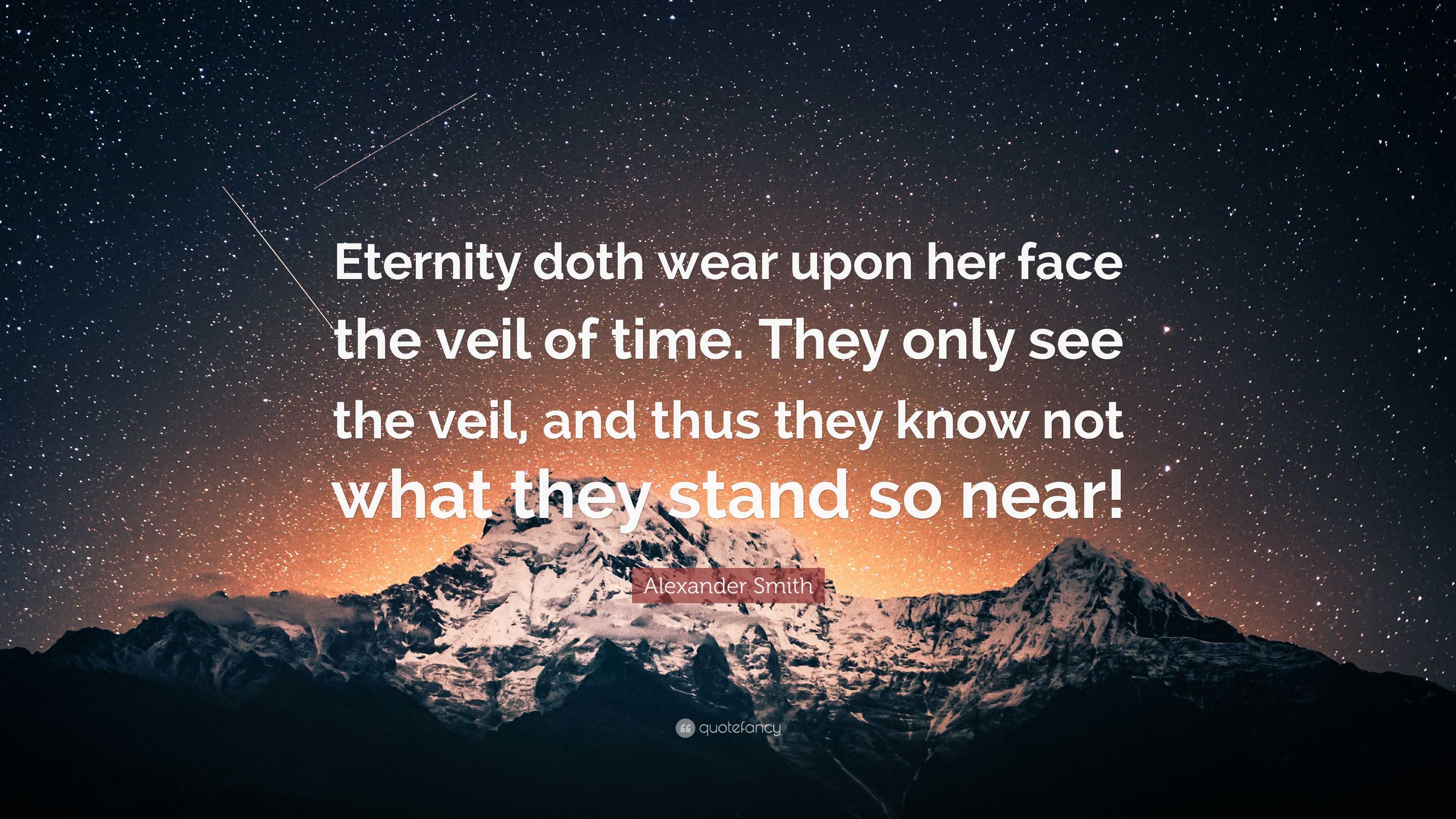
If modern society is optimised for any one thing, it might be the triggering of our strongest emotions. When this is done effectively, we lose control of ourselves to become putty in the hands of those forces in society who seek to exercise dominion over us. Whether that move for power takes the form of attempted manipulation/influence, gas-lighting or the exposing of our personal weaknesses/insecurities, the benefit to them in having us temporarily forgo our capacity for calm and reasoned thought is the rash impulsiveness that makes for poor decision making around our dealings with them.
Product marketers know this well, that when we are fed messages about items that promise to reconcile a perceived deficiency in our identity, we will be more willing to part with our money for them. Social media companies and their algorithms are also engineered to give more reach to content that uses polarising rhetoric, which has been found to drive engagement on their platforms and generate revenue in the form of advertising dollars. In public discourse on contentious political and social justice issues, it is understood by politicians and journalists that baiting an opponent or guest into saying something that compromises their social standing can be used as a form of leverage to gain the moral high ground, or strengthen a narrative that serves their ideological agenda.
In the age of cancel culture, getting triggered can also have grave consequences for one’s reputation and employment, as many a user on Twitter and other social media platforms have learned as they eschewed the wise advice to sleep on the substance of their message, before pressing ‘send’ or ‘post’. As good as it can feel in the moment to transfer whatever intense emotion we are feeling out into the world, we are often blinded as we do this because what we don’t realise is that during these moments, our rational thinking apparatus has in effect been hijacked. So instead of communicating a well thought out, balanced and nuanced perspective or response to an issue, what moves from us falls far short of that standard, and too often contributes to the extremes of opinion that convolute rather than clarify the true nature of things, which invariably sits closer to the middle of the ‘reality’ spectrum.
A hack to avoiding this pitfall, which coalesces with the reasons why I’m not on most forms of social media, is to recognise that you will rarely have the time to become properly informed on issues, before you would want to comment on them. By internalising this knowing, we are engendered with humility about our limitations in really understanding what is going on with a particular issues. So complex have most facets of our social life become that they are beyond comprehension to most people, and to really flesh them out with any depth would require a think tank of multiple experts across fields. Given this, regardless of who the one person offering their commentary is, there is bound to be a shortfall of understanding in what they are conveying.
Being able to comprehend this, is just as important for those who are receiving this messaging, as it is for those who are doing the messaging themselves. When we are reading a post on social media or some other forum and we feel a swell of emotion building inside of us, one of the things we can do is remember that whatever this person is offering, it comes from their unique vantage point that is likely to be limited in some important respects. In offering this view, I am not presenting it as a ready-made reason to discredit that information or source, particularly if it is a perspective that we may be inclined to disagree with. At this time of hyper-reactive partisanship, the cutting down of opponents for the simplest reasons is made all too easy, but if on both sides we can choose to vulnerably lean into an awareness of this susceptibility, then this would serve the purpose of building bridges and stimulate compassion for others’ good faith efforts to contribute solutions to the problems that we collectively face. After all, if any one person had the perspicacity to see the whole picture for humanity, then we wouldn’t need to listen to what each other have to say.
While no doubt the title of this entry presents an absurd metaphor, it serves a valuable reminder that when our brain’s limbic system has been activated, we need to be proactive in calming it down before we are led to take actions that we might later regret. Whatever works in the context of our unique circumstances can be utilised to bring us closer to the exercise of response-ability, whether that be a quick walk or timeout, meditation, or breathing exercise. My hope at least is that if you need an interruption point between stimulus and reaction, the remembering if this post’s title can give you the cause to pause that could save you from this most primitive part of yourself.



